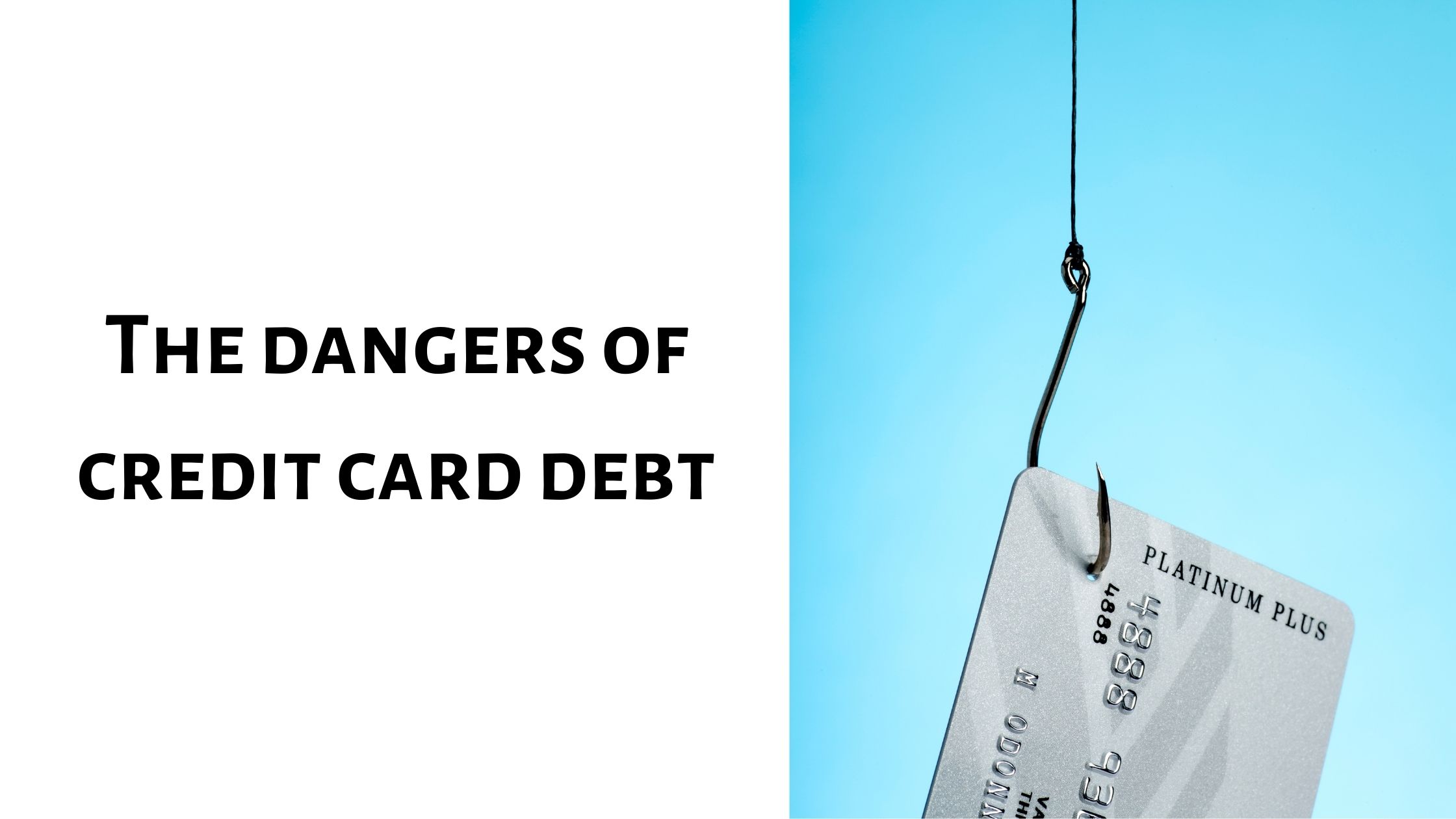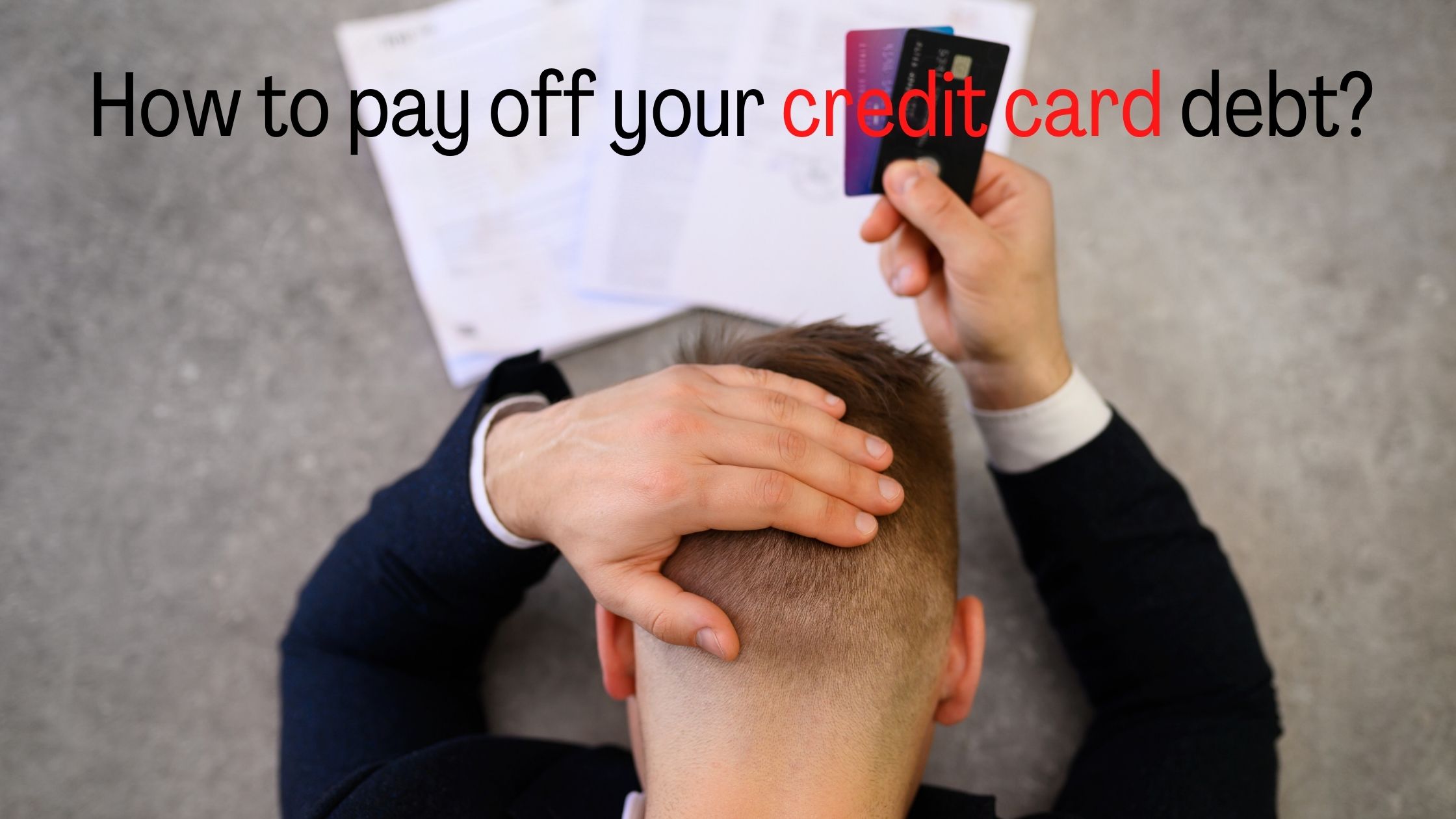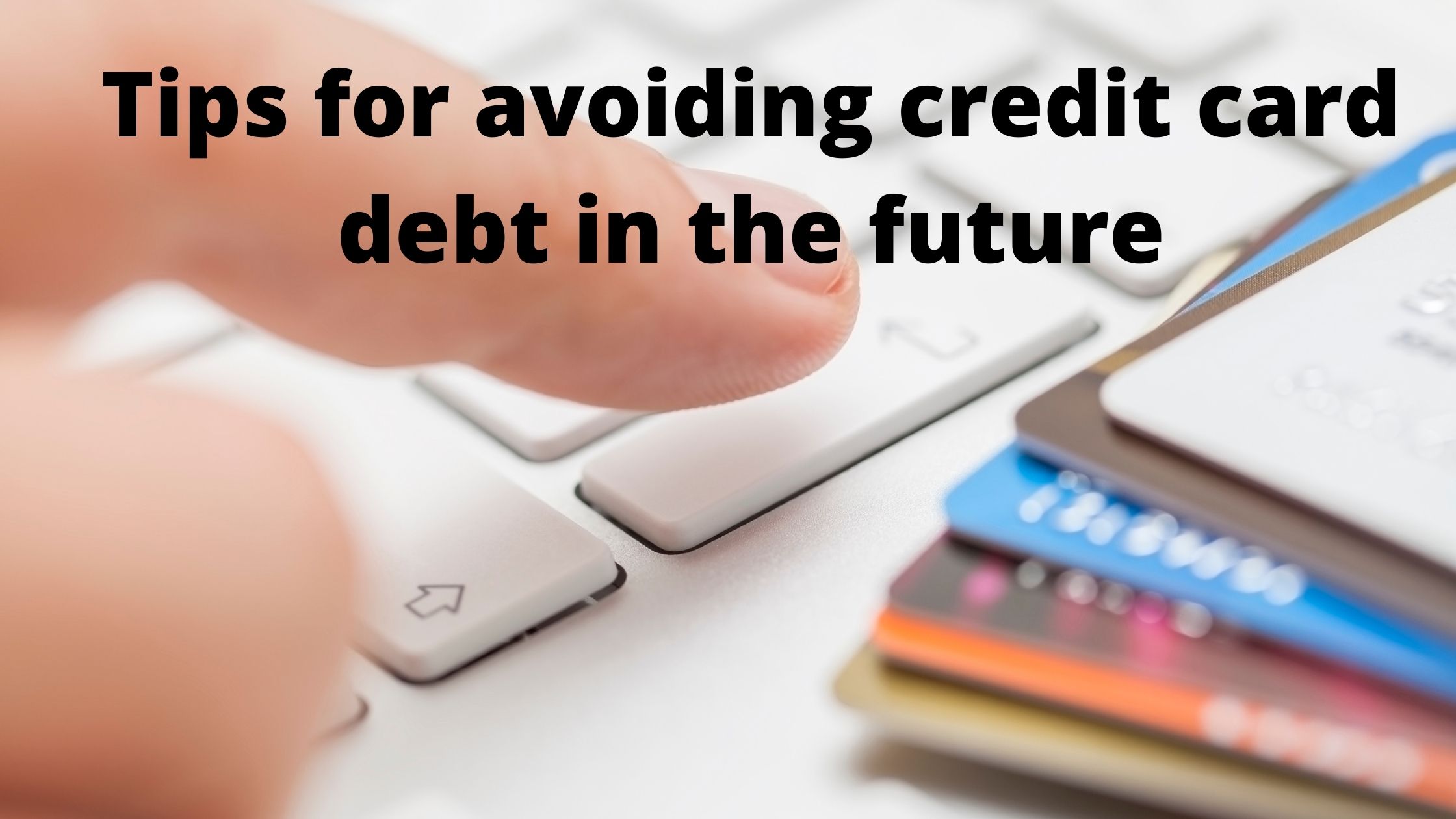One of the biggest mistakes people make when it comes to personal finance is using credit cards without thinking about the long-term effects. If you carry a balance on your credit cards from month to month, the interest you’re paying can add up quickly, and before you know it, you’re in debt. In this article, we’ll explore some tips on how to avoid this trap so that you can stay out of debt and keep your finances healthy.
The dangers of credit card debt

Credit card debt is one of the most dangerous types of debt that a person can have. It’s easy to get into and can quickly spiral out of control. Interest rates are high and late fees can add up quickly. If you’re not careful, you can end up in a lot of trouble.
There are a few things you can do to avoid getting into credit card debt. First, only use your credit cards for emergencies. Don’t use them for everyday purchases or you’ll be tempted to spend more than you can afford. Second, try to pay off your balance in full each month. This way you won’t have to pay any interest or late fees. Finally, be careful with your credit limit. Don’t max out your cards or you’ll be in serious trouble.
If you’re already in credit card debt, there are a few things you can do to get out of it. First, stop using your credit cards immediately. This will help you start getting your spending under control. Second, make a budget and stick to it. This will help you figure out how much money you need to put towards your credit card debt each month. Third, contact your creditors and try to negotiate a lower interest rate.
How to pay off your credit card debt?

If you’re like many Americans, you’re probably carrying a balance on your credit cards. In fact, according to recent data, the average household has nearly $7,000 in credit card debt.
While it may seem daunting to try to pay off your credit card debt, there are some strategies you can use to make it more manageable. Here are a few tips:
1. Make a budget: The first step is to get a handle on your finances. Figure out how much money you have coming in and going out each month. This will help you create a budget and stick to it.
2. Attack the highest interest rate first: Another strategy is to focus on paying off the credit card with the highest interest rate first. This will save you money in the long run because you’ll be paying less in interest charges.
3. Set up a payment plan: If you’re having trouble making your monthly payments, contact your credit card company and set up a payment plan. This way, you can make smaller payments over time and still get your balance paid off.
4. Consider a balance transfer: If you have good credit, you may be able to transfer your balance to a new credit
The benefits of living debt-free
Debt can be a heavy burden to carry, both emotionally and financially. It can be difficult to stay motivated when you’re constantly struggling to make ends meet. That’s why it’s important to remember the benefits of living debt-free.
When you’re not weighed down by monthly payments, you’ll have more money to save and invest. This can help you reach your financial goals more quicker. You’ll also have less stress in your life, which can lead to improved mental and physical health.
If you’re currently struggling with debt, know that there is light at the end of the tunnel. You can get out of debt and enjoy all the benefits that come with it. It may take some time and effort, but it’ll be worth it in the end.
Tips for avoiding credit card debt in the future

If you’re one of the many people who are struggling with credit card debt, you’re not alone. In fact, credit card debt is one of the most common types of debt that people have. But just because it’s common doesn’t mean it’s easy to deal with.
If you’re looking for ways to avoid credit card debt in the future, here are a few tips:
1. Use cash instead of credit.
If you can, try to use cash instead of credit for your purchases. This will help you stay within your budget and avoid using more money than you have.
2. Make a budget.
Creating a budget is a great way to keep track of your spending and make sure you’re not spending more than you can afford. When you know where your money is going, it’s easier to stick to a budget and avoid using credit cards for unnecessary purchases.
3. Don’t carry a balance on your cards.
Paying off your credit card balances in full each month is one of the best ways to avoid debt. If you can’t pay off the full balance, try to at least pay more than the minimum payment each month so you can reduce your
Conclusion
If you’re someone who’s always charging things on your credit cards, it’s time to stop. Not only is this bad for your financial health, but it can also lead to some serious consequences down the road. By making a few simple changes in your spending habits, you can get your finances back on track and avoid any future problems. So what are you waiting for? Start today and see the difference it makes!